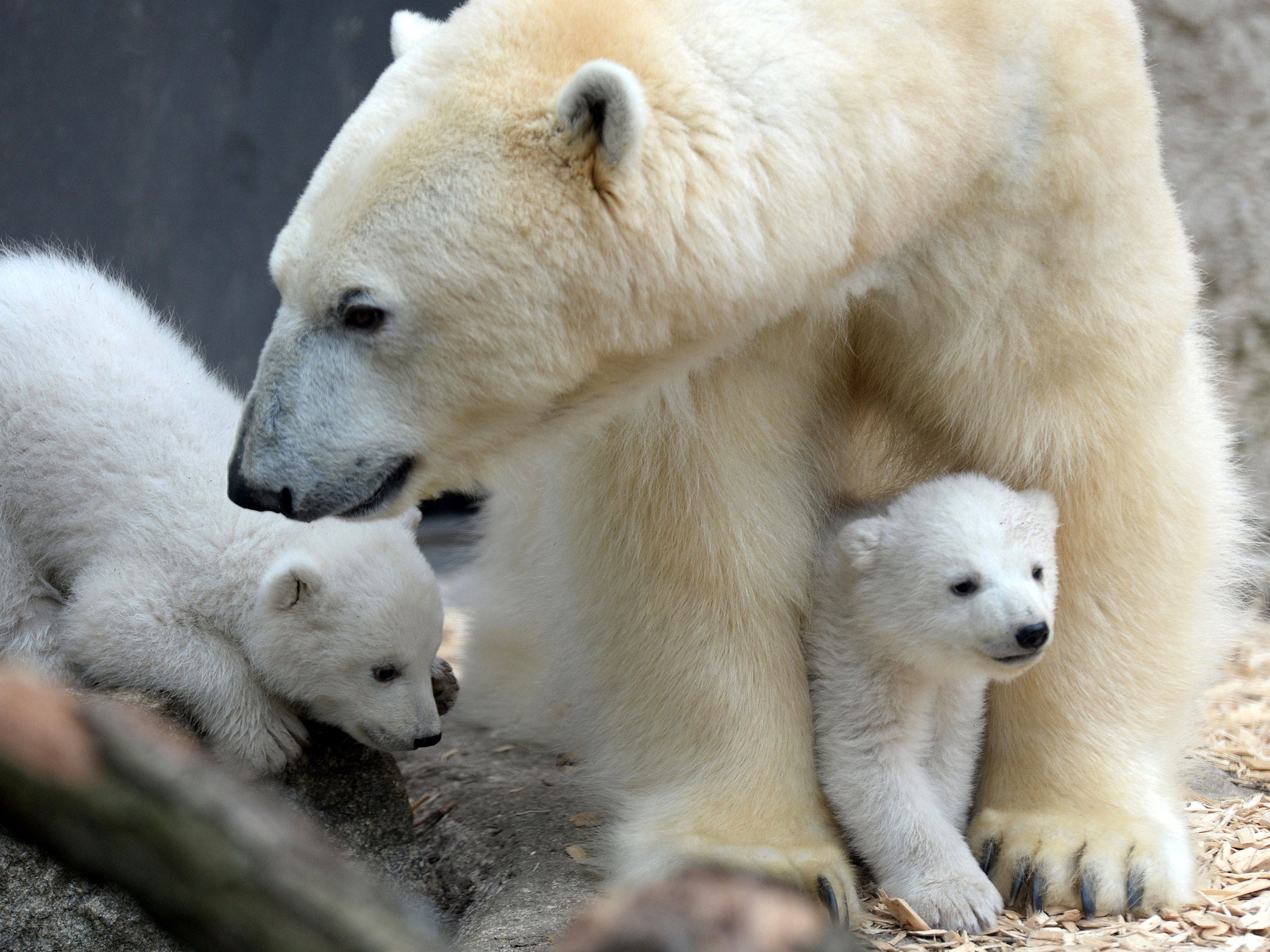Polar bears will die out if global warming is not reversed, US report finds
The bleak report says polar bears could vanish if global action is not taken to reverse climate change

Your support helps us to tell the story
From reproductive rights to climate change to Big Tech, The Independent is on the ground when the story is developing. Whether it's investigating the financials of Elon Musk's pro-Trump PAC or producing our latest documentary, 'The A Word', which shines a light on the American women fighting for reproductive rights, we know how important it is to parse out the facts from the messaging.
At such a critical moment in US history, we need reporters on the ground. Your donation allows us to keep sending journalists to speak to both sides of the story.
The Independent is trusted by Americans across the entire political spectrum. And unlike many other quality news outlets, we choose not to lock Americans out of our reporting and analysis with paywalls. We believe quality journalism should be available to everyone, paid for by those who can afford it.
Your support makes all the difference.Polar bears will be wiped out if humans don't reverse the trend of global warming, according to a blunt report by the US goverment.
In a draft recovery plan for polar bears produced by the US Fish and Wildlife Service, it says: "The single most important step for polar bear conservation is decisive action to address Arctic warming."
"Short of action that effectively addresses the primary cause of diminishing sea ice, it is unlikely that polar bears will be recovered."
Polar bears eat, mate and give birth on sea ice. Greenhouse gas emissions contribute to global warming, which is reducing the levels of summer sea ice in the Artic. No sea ice means polar bears will struggle to survive.
If global warming and sea ice depletion is to be addressed, it will require global action, the report says.
The worldwide polar bear population is estimated to be between 20,000 and 25,000.
Another report, produced by the US Geological Survey, predicted the fate of the species in possible future scenarios.
Whether greenhouse gas emissions stabilise, or whether they produce unabated, polar bear groups in Alaska, Russia and Norway would be affected first.
They could see the ill effects of warming temperatures as soon as 2025, the report said.
Other bear populations in Canada and Greenland would begin to suffer around 25 years later, and bears in the high Canadian Arctic would fare the best.
Join our commenting forum
Join thought-provoking conversations, follow other Independent readers and see their replies
Comments